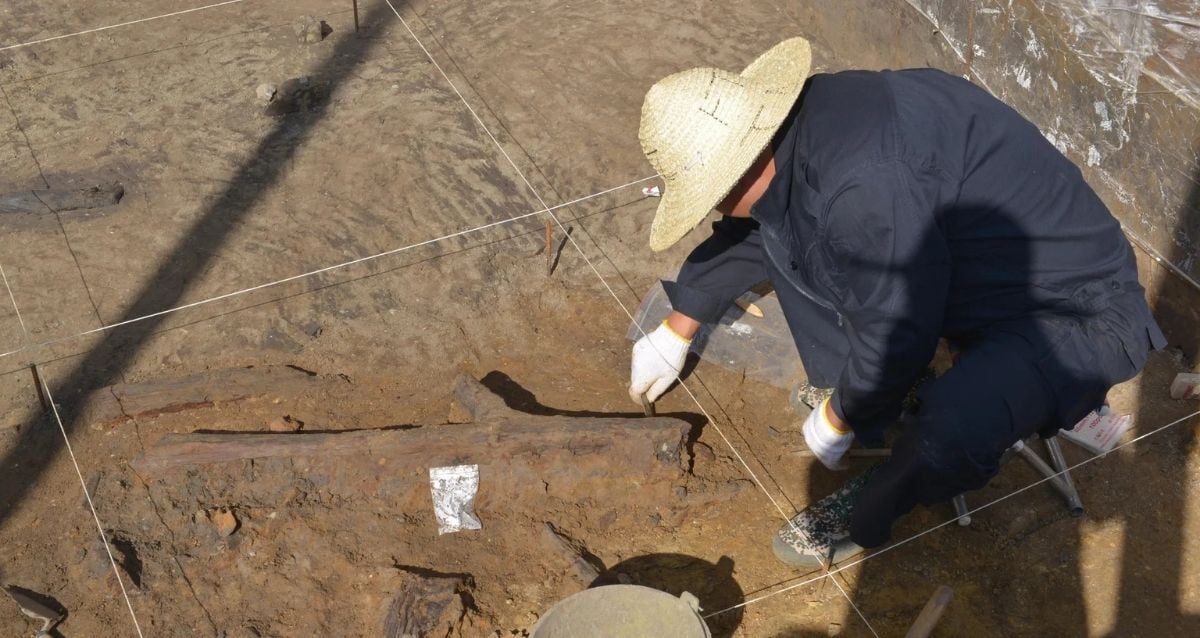T4K3.news
Neanderthal Footprints Discovered in Portugal
Researchers found 78,000-year-old footprints of a Neanderthal family engaged in hunting.

Scientists discovered 78,000-year-old footprints in Portugal that tell a story of survival.
Ancient Footprints Reveal Neanderthal Family Hunting Strategies
Researchers recently uncovered fossilized Neanderthal footprints in Monte Clerigo, Portugal, dating back approximately 78,000 years. These tracks belong to a Neanderthal family likely engaged in hunting a red deer. The prints include those of an adult male and two children, showcasing their movements and hinting at their survival strategies. This discovery contributes valuable insights into the region, as it represents the first known hominin track sites from the southwestern part of Europe. The findings suggest that Neanderthals had a varied diet that included large mammals and were adept at utilizing diverse environments for hunting.
Key Takeaways
"Tracks of three individuals demonstrate how Neanderthals navigated dune landscapes."
This quote highlights the significance of the footprints in understanding Neanderthal behavior.
"The consistent presence of these mammal taxa highlights their role as reliable food sources."
This emphasizes the adaptability of the Neanderthal diet to varying environments.
"This discovery enhances our understanding of Neanderthal life and raises questions about their adaptability."
The quote reflects on the implications of the findings regarding Neanderthal behavior and lifestyle.
This discovery not only enhances our understanding of Neanderthal life but also raises questions about their adaptability and foraging habits. The presence of different age groups in the footprints implies a family unit working together, which reflects a level of social structure and cooperation that is often overlooked. These findings might inspire new interpretations of Neanderthal behavior and cognition, especially concerning their interactions with the coastal ecosystems that surrounded them.
Highlights
- Neanderthals thrived on the hunt, showing family teamwork perfected over millennia.
- Footprints tell an ancient story of survival etched in the sand.
- These tracks reveal a complex social structure among early humans.
- Discoveries like this challenge our view of Neanderthals as mere hunters.
Potential Public Reaction to Neanderthal Discoveries
Recent findings about Neanderthal behaviors might stir discussions among anthropologists and the public regarding human evolution and prehistoric life.
This groundbreaking discovery reshapes our understanding of Neanderthal life and adaptability.
Enjoyed this? Let your friends know!
Related News
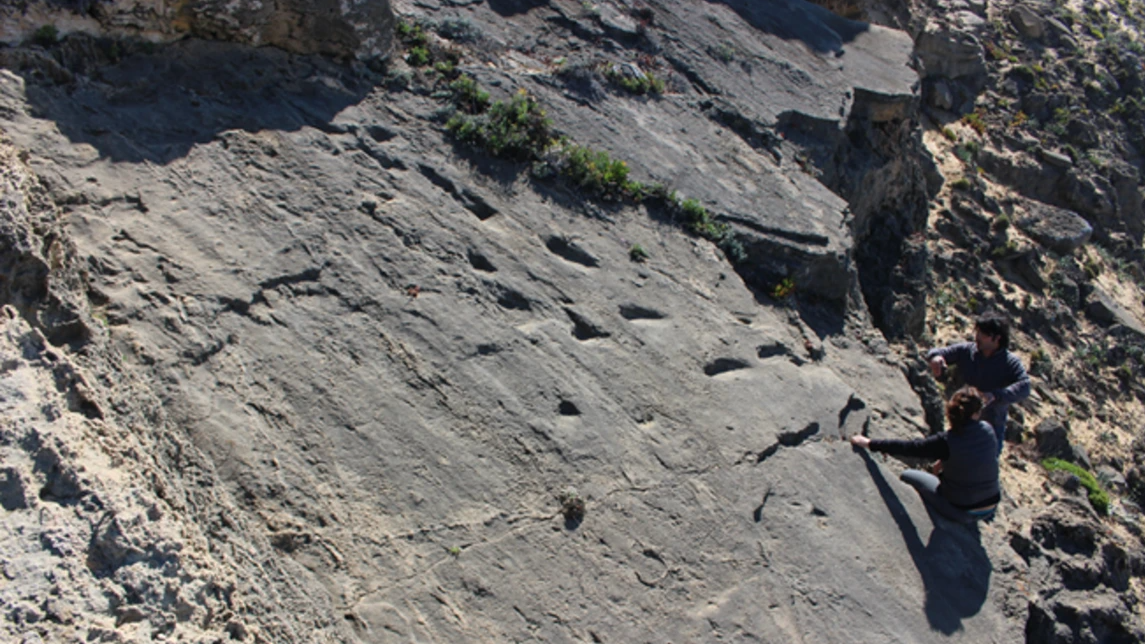
Neanderthal footprints found in Portugal
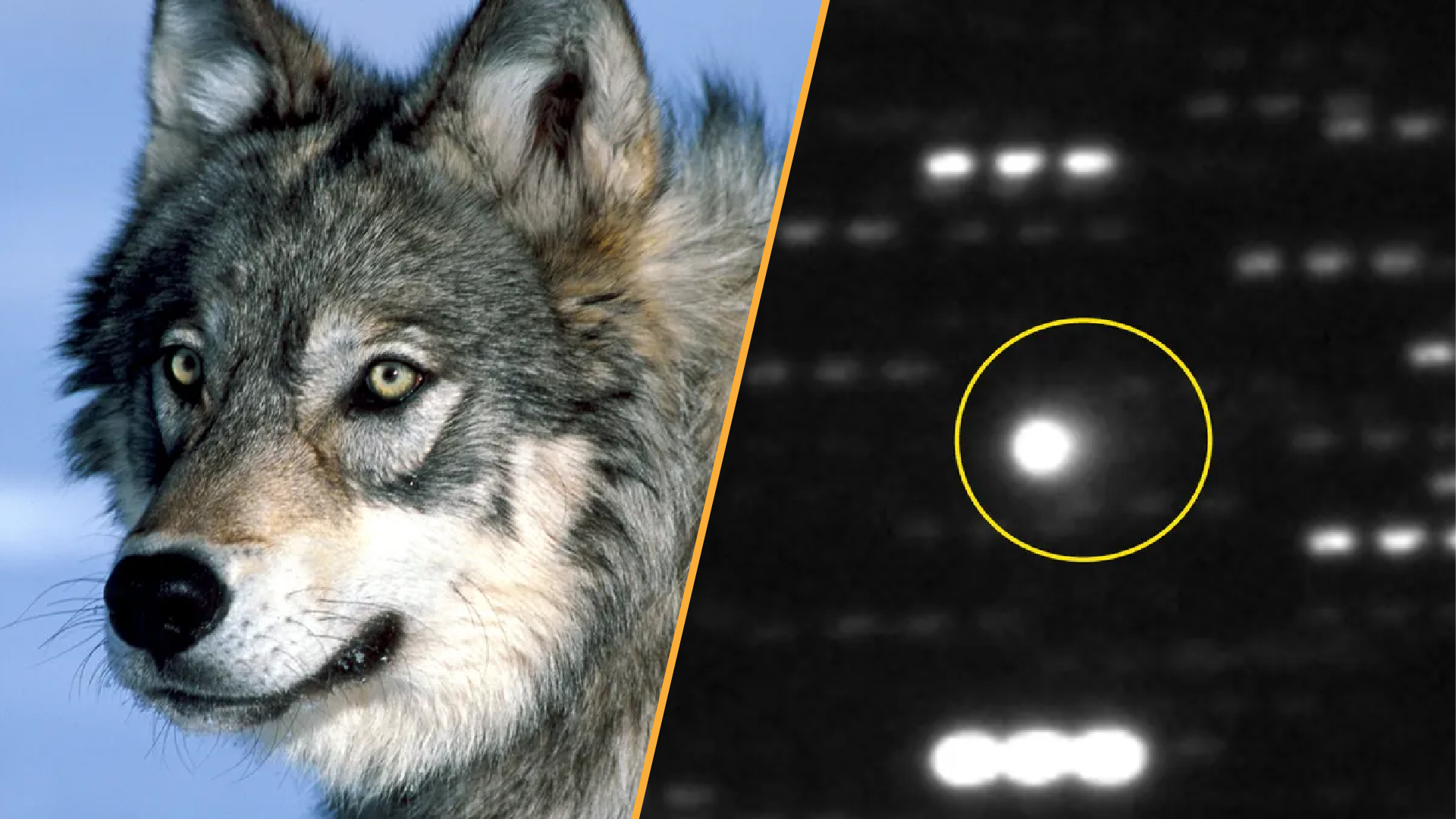
Wolves Revive Yellowstone Forests
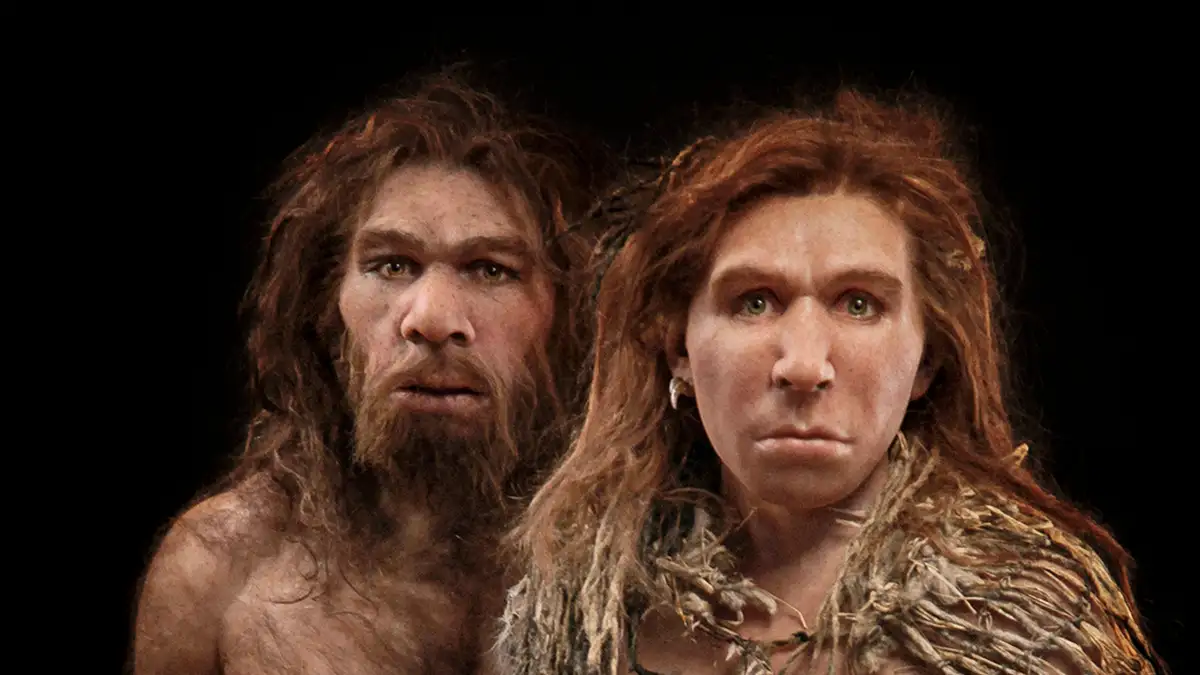
New findings reveal connections between humans and Neanderthals

Headless body found near Lisbon tourist attraction raises alarm

New Dinosaur Footprints Discovered in Canada
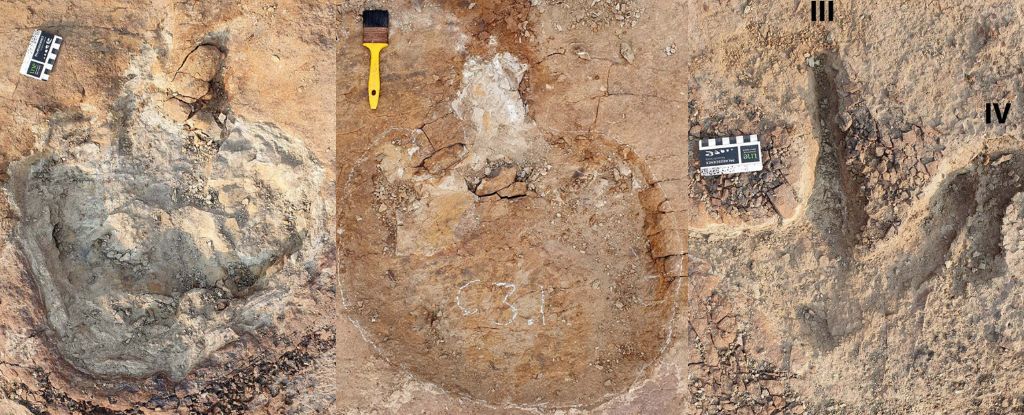
New Dinosaur Tracks Indicate Herding Behavior

Scientists reveal traits of Neanderthal and Homo sapiens hybrids

Two British tourists drown in hotel swimming pool in Portugal
